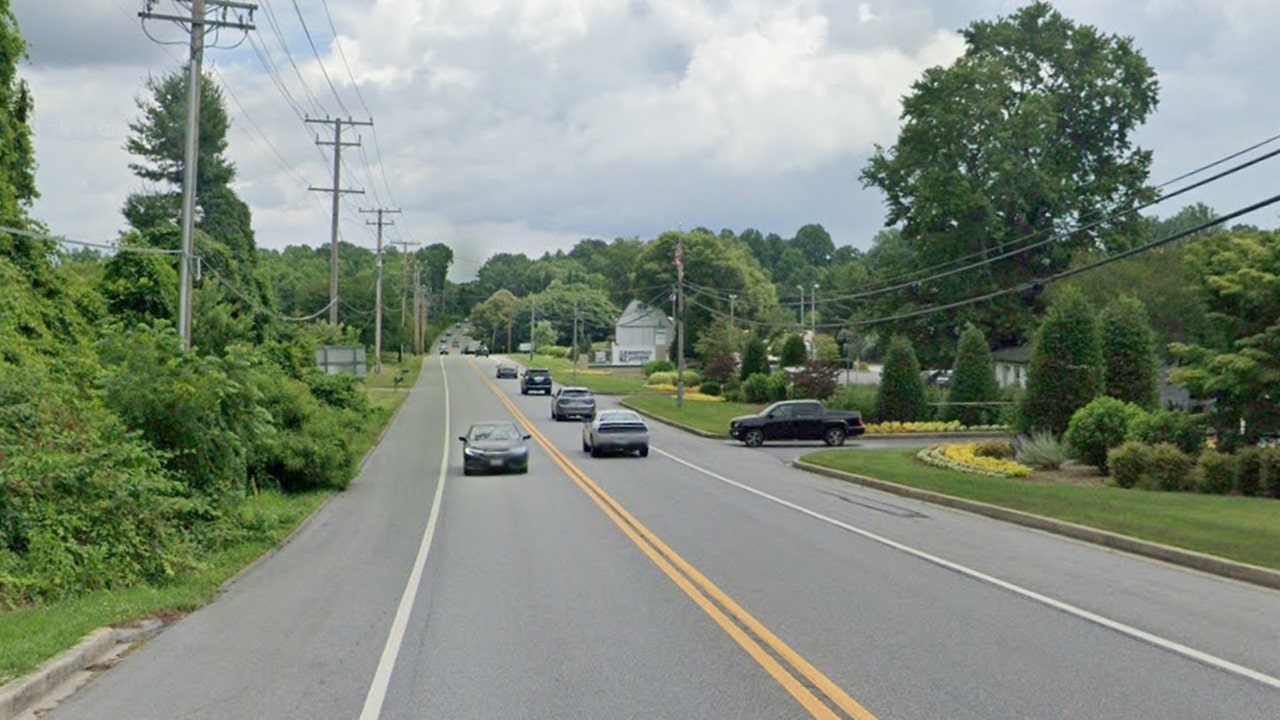WASHINGTON — The Trump administration is pumping the brakes on all foreign student visas and considering whether to vet new applicants based on their social media posts.
Secretary of State Marco Rubio ordered US embassies and consulates on Tuesday to pause any student visa applicant interviews, according to an internal cable obtained by Politico.
“Effective immediately, in preparation for an expansion of required social media screening and vetting, consular sections should not add any additional student or exchange visitor … visa appointment capacity until further guidance is issued [separate telegram], which we anticipate in the coming days,” the cable read.
Both the State Department and Department of Homeland Security have moved to strip thousands of visas from foreign students in recent weeks with mixed success.
“We don’t speak about individual visa cases,” State Department spokeswoman Tammy Bruce told reporters.
“We take very seriously the process of vetting who it is that comes into the country. And we’re going to continue to do that … and again, whether they be student[s] or if you’re a tourist who needs a visa, or whoever you are, we’re going to be looking at you,” she added.
“It seems to be such a controversial thing that’s going on, but it shouldn’t be, and every nation should take seriously, and does, who’s coming in. So if you’re going to be applying for a visa, follow the normal process, the normal steps, expect to be looked at and and we go on from there.”
Last week, Homeland Security Secretary Kristi Noem moved to kick out nearly 7,000 Harvard University students from foreign countries — but was blocked by a federal judge.
Oakland, Calif. US District Judge Jeffrey S. White implemented a nationwide injunction barring the Trump administration from terminating the legal status of any international students or allowing immigration authorities to arrest or detain them.
At least 4,000 visas have already been revoked from international students with rap sheets — with charges including arson, wildlife and human trafficking, child endangerment, domestic abuse, DUI and robbery, a senior State Department official told The Post last month.
The department previously set up an artificial intelligence-powered pilot program to “catch and revoke” student visas after scrubbing holders’ social media accounts for statements expressing sympathy with Hamas or other terror groups, according to Axios.
“Those who support designated terrorist organizations, including Hamas, threaten our national security,” Rubio said. “The United States has zero tolerance for foreign visitors who support terrorists.”
US Citizenship and Immigration Services (USCIS) announced in early April it was also taking into account an applicant’s support for “antisemitic terrorism” when deciding whether to reject student visas or green cards.
Mahmoud Khalil was one of the first students whose role in anti-Israel demonstrations at Columbia University got his visa and green card canceled in March.
The Trump administration has since been challenged in both immigration and federal courts over claims it had the right to deport Khalil, who served as a spokesman for anti-Israel groups including Columbia University Apartheid Divest.
Devin Connolly, managing partner at Reeves Immigration Law Group — which is handling some cases of foreign students with revoked visas — said reviews of social media accounts aren’t new and have most often been used by authorities to determine whether a marriage is legitimate.
“The administration, and especially Secretary Rubio, has been very clear that nobody is entitled to a visa and that they will not be issuing visas to foreign nationals whose beliefs and activities are contrary to the United States’ national interests,” Connolly said.
“However, to what extent will social media postings that are critical of the Trump administration and its policies be considered to be in conflict with our national interests?” he asked.
“It is easy to foresee denials for certain postings about Israel and Hamas, but what about postings about Afrikaners being granted refugee status? We will have to see if a subject like that is controversial enough to warrant a denial.”
The White House and State Department did not immediately respond to The Post’s requests for comment Tuesday.













